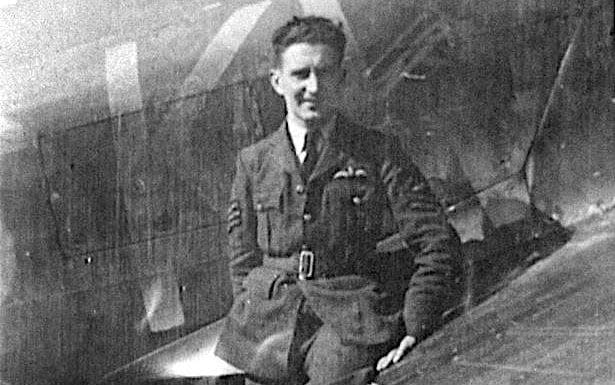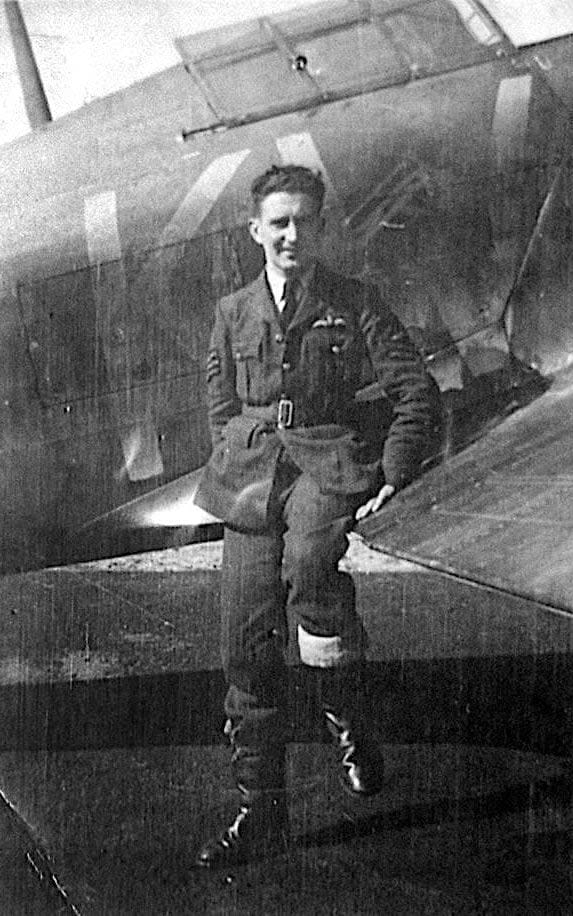Warrant Officer Eric Carter, Hurricane pilot decorated for his role in helping to defend Murmansk – obituary

Warrant Officer Eric Carter, who has died aged 101, was thought to be the last surviving pilot who flew RAF Hurricane fighters that operated with the Russians to defend the Arctic port of Murmansk.
After the German invasion of the Soviet Union, Prime Minister Winston Churchill promised assistance, and on July 12 1941 an Anglo-Soviet Agreement was signed in Moscow. Carter, a Hurricane pilot, was on leave when he was recalled and sent to join 81 Squadron. Together with 134 Squadron, the squadron made up No 151 Wing and it was deployed as the first example of British aid to the Russians.
The Wing was deployed to the naval airfield at Vaenga, 10 miles from Murmansk, the Russian port close to the Germans’ advancing front line. Some 550 men, plus 15 crated Hurricanes, made up the principal cargo of the first Arctic Convoy, sailing on the former Union Castle liner Llanstephan Castle, bound for Archangel.
Once they were reassembled they were flown to Vaenga where they joined 24 more Hurricanes, which had been flown off the aircraft carrier Argus direct to the airfield.
The primary role of the Hurricane pilots was to provide defence for the crucial port, and also to escort Soviet bombers on raids over Finnmark and northern Norway. Carter flew patrols and engaged Messerschmitt Bf 109 aircraft on a number of occasions. Later he commented: “I took pot shots at several but couldn’t claim any kills.”
With winter weather approaching, 151 Wing began training Soviet air and ground crew to use the Hurricanes, which were taken over by the Soviet Air Force when the RAF contingent departed in late November.
One of the first Russian pilots to be checked out on the Hurricane was the fighter ace and “Hero of the Soviet Union” Boris Safonov, and he soon took command of the Russians’ first Hurricane squadron. His successes continued until he was killed in May 1942, by which time he had been awarded the British DFC.

In 2006 Carter returned to Vaenga with his son, and laid a wreath at the cemetery in memory of his fallen comrades; they met the son of Safonov who was living nearby and who was delighted to meet “one of the young airmen who had come to the Soviet Union’s aid.”
Eric Carter was born on February 12 1920 near Bromsgrove and brought up in Birmingham. He joined the RAF in 1939 and trained as a pilot. After converting to the Hurricane he joined 615 Squadron, which escorted convoys in the Irish Sea and provided air defence for Liverpool.
Carter returned from Russia on a British destroyer and continued to fly Hurricanes. Later in the war, after converting to the Spitfire, he left for Burma, where he flew missions escorting transport aircraft delivering crucial supplies to the 14th Army as it advanced towards Rangoon.
Carter left the RAF in 1946 and, after studying for a degree in Electrical Engineering, he became an engineer for Associated Electrical Industries. He supported the 151 Wing Association and received numerous anniversary medals from the Russians.
He visited Russia with fellow veterans in the 1990s, including a visit to Moscow when the Queen made a state visit. He returned a year later for the commemorations to mark the 50th anniversary of V-E Day.
In 2013 he joined his surviving colleagues at 10 Downing Street when the then Prime Minister, David Cameron, presented them with the Arctic Star. A year later he received the Russian Ushakov Medal at a ceremony at the Russian Embassy.
Eric Carter married Phyllis in 1943; she died in 2006. Their son survives him.
Eric Carter, born February 12 1920 died July 26 2021

 Yahoo News
Yahoo News 